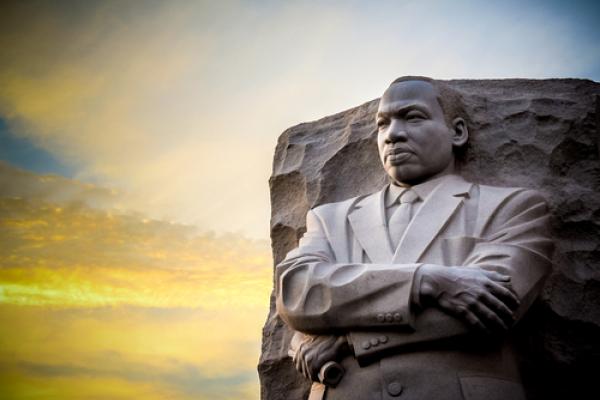Jan 21, 2014
Week after bloody week, the chart of killings lengthens. And in Afghanistan, while war rages, a million children are estimated to suffer from acute malnourishment as the country faces a worsening hunger crisis.
Around this Martin Luther King, Jr. Day, we can and should remember the dream Dr. King announced before the Lincoln Memorial, the dream he did so much to accomplish, remembering his call (as the King Center asks) for nonviolent solutions to desperate concerns of discrimination and inequality within the U.S. But we shouldn't let ourselves forget the full extent of Dr. King's vision, the urgent tasks he urgently set us to fulfill on his behalf, so many of them left unfinished nearly 46 years after he was taken from us.
Read the Full Article

Already a subscriber? Login
